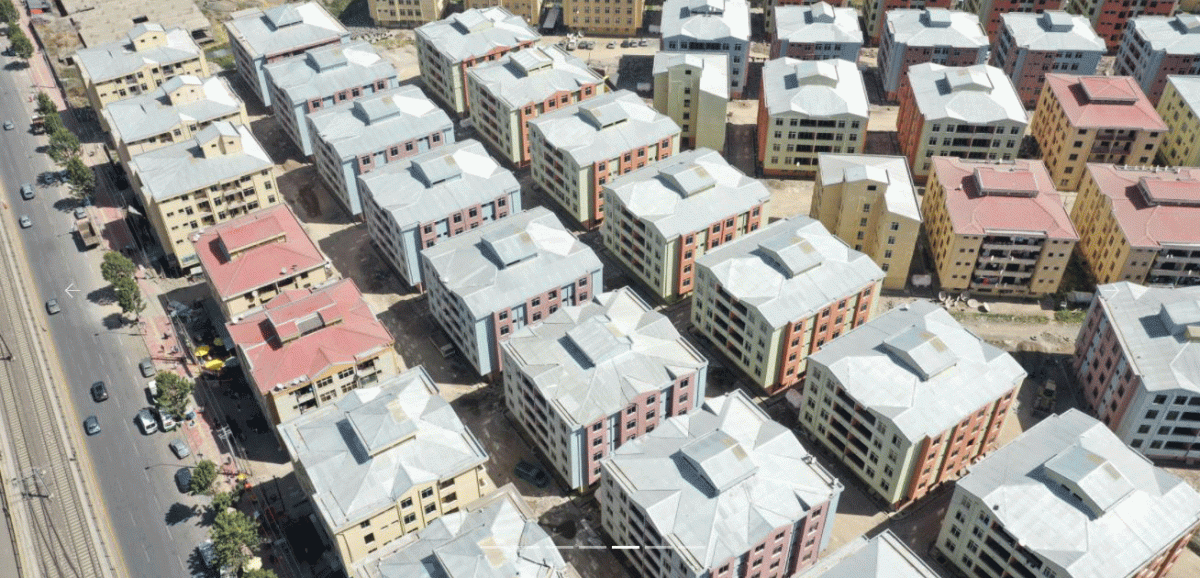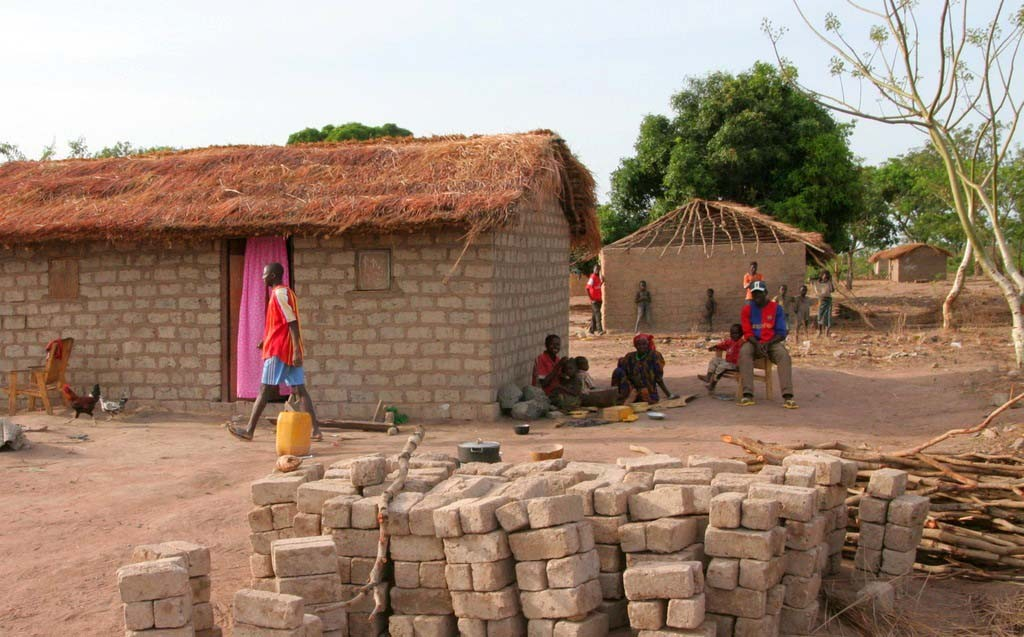Ethiopia’s property system, where the government owns all land and has broad authority to seize it, has led to a chaotic and unstable living environment for its citizens. This article delves into the challenges faced by Ethiopians due to the lack of private land ownership, the impact on urban development, and the plight of those living in informal settlements. The larger context of instability, including socialist dictatorship, tribal conflict, and border disputes, further exacerbates the issues surrounding land ownership in Ethiopia.
Government Land Ownership and Its Consequences:
Ethiopia’s constitution allows individuals to lease land and own property built on it. However, in reality, this provision is frequently overlooked, resulting in ongoing uncertainty and displacement for residents. The absence of a legal framework to resolve territorial disputes has led to rival Ethiopian groups forcibly displacing each other as power dynamics shift. This situation underscores the urgent need for effective governance and legal mechanisms to uphold property rights, prevent conflict, and safeguard the livelihoods of Ethiopia’s citizens. Without such measures, the country’s land tenure system remains vulnerable to exploitation and instability, hindering social cohesion and economic development.
Informal Settlements and Urban Chaos:
The absence of a formal property rights system has led to the proliferation of illegal shanties, known as “villages,” in Addis Ababa, Ethiopia’s capital city. These settlements, home to roughly two-thirds of the city’s residents, lack basic amenities such as running water, electricity, and proper sanitation. The government’s disregard for the rights of those living in these villages has led to frequent demolitions and redevelopment projects that benefit politically-connected developers.
Displacement and Relocation:
When informal settlements are demolished, residents are often scattered with little notice, and their possessions are left behind. Those displaced are sometimes relocated to large public housing complexes on the outskirts of the city, which are built on seized farmland. While the housing quality is better than in the informal settlements, the units are located far from the city’s best job opportunities, and wait lists are long.
Lack of Private Land Ownership and Its Impact on Urban Development:
The uncertainty surrounding land ownership in Ethiopia has a significant impact on urban development. With no guarantee of property rights, individuals are hesitant to invest in anything more than temporary structures. This lack of investment hinders the country’s goal of redeveloping and modernizing Addis Ababa, as there is no incentive for long-term development projects.
Conclusion:
Ethiopia’s lack of private land ownership has led to a chaotic and unstable living environment for its citizens. The constant threat of displacement, the proliferation of informal settlements, and the impact on urban development all stem from the government’s control over land. Until Ethiopia addresses the issue of private property rights and establishes a legal framework to protect the rights of its citizens, the cycle of instability and displacement will continue to plague the country.




